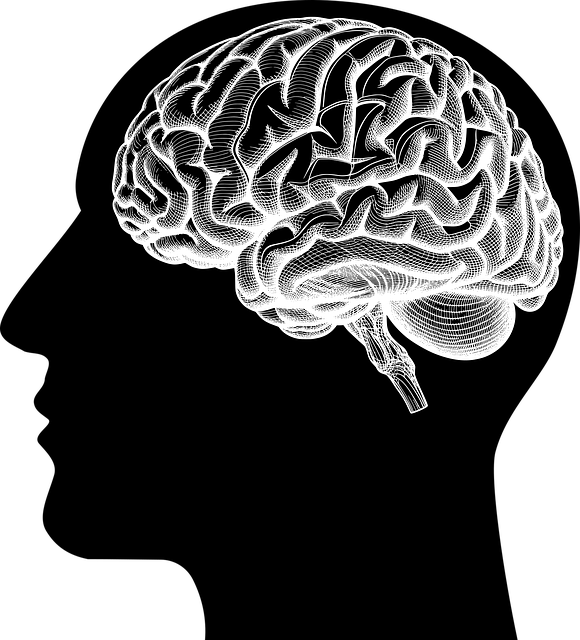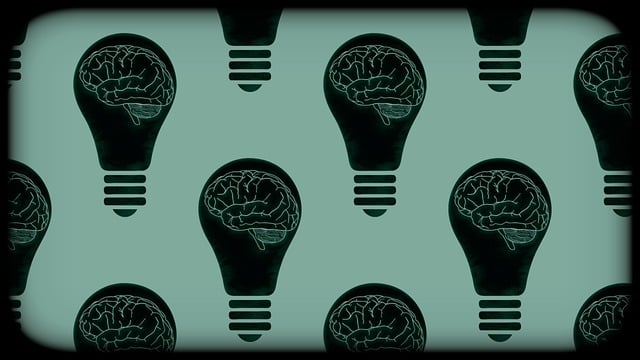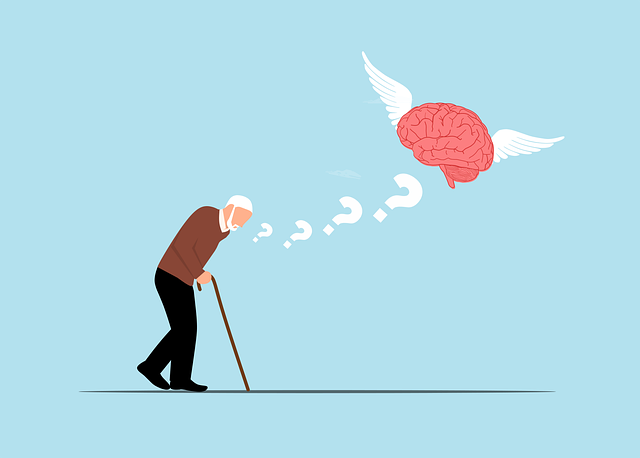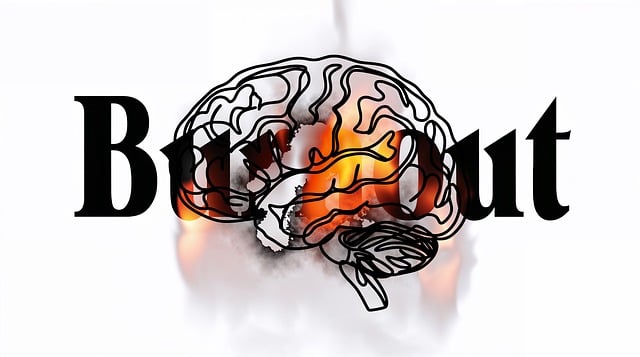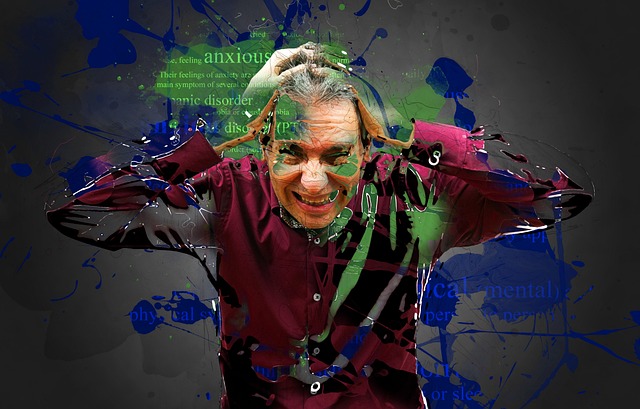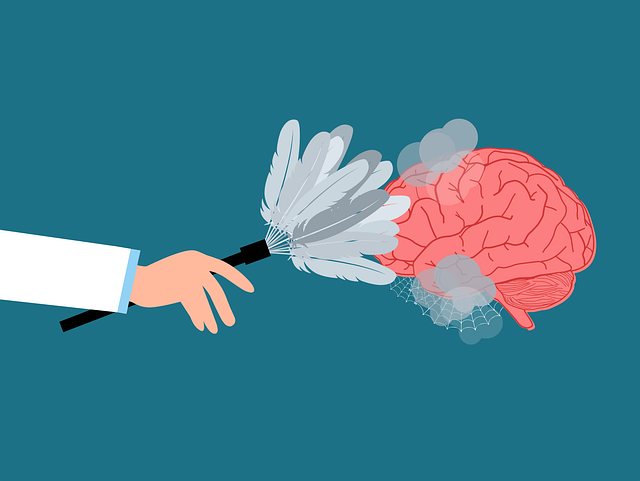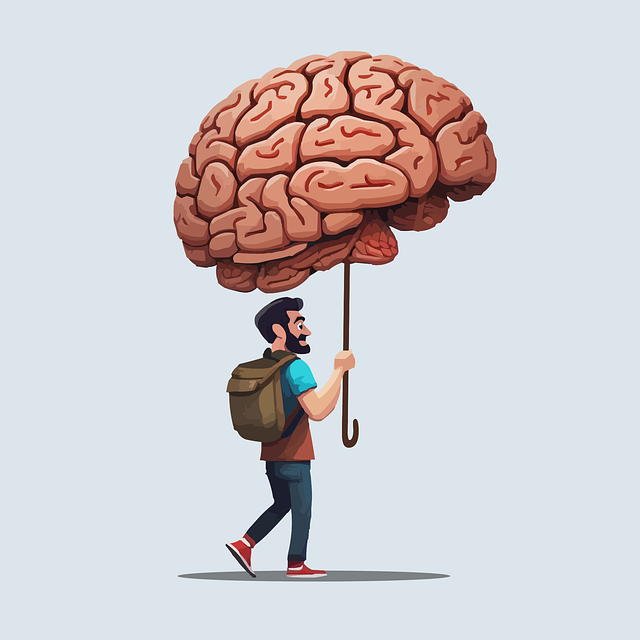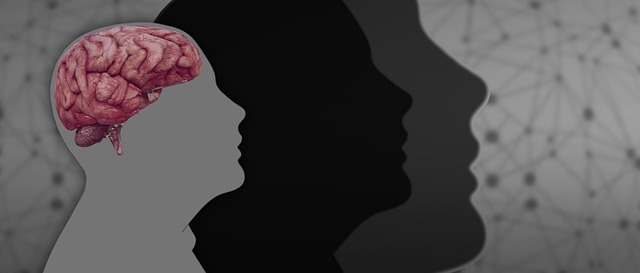Resilience, as championed by the Recovery, Resilience, and Mental Health (RFM) approach, is crucial for overcoming challenges and recovering from mental illness. Golden Independent Medical Evaluations Therapy (GIMET) offers personalized sessions to identify vulnerabilities and strengths, guiding targeted interventions for burnout prevention and stigma reduction. IMEs provide objective assessments that, when integrated with therapy, enhance emotional regulation and support recovery. Resilience training, including GIMEs, conflict resolution, and empathy building, equips individuals to manage stress and adversity, fostering a sense of control. The RFM framework, with its simple tools like recollecting thoughts, focusing on the present, and moving forward, enhances well-being in various mental health contexts. Real-world applications show GIMET and RFM exercises empowering trauma survivors, chronically stressed individuals, students, and professionals to build resilience and face life's challenges effectively.
Resilience is a powerful tool for navigating life’s challenges. This article explores RFM (Resilience, Flexibility, and Mastery), an innovative framework enhancing mental health practices through golden rules of resilience training. We delve into the significance of independent medical evaluations in tailoring therapy to individual needs. Discover how RFM improves well-being, with real-world applications showcasing its transformative power, offering hope and effective strategies for building mental fortitude and therapy success.
- Understanding RFM and Its Role in Resilience Building
- The Impact of Independent Medical Evaluations on Therapy
- Golden Rules for Effective Resilience Training
- Incorporating RFM into Mental Health Practices
- Real-World Applications and Success Stories
Understanding RFM and Its Role in Resilience Building

Resilience is a crucial aspect of mental health, enabling individuals to navigate life’s challenges and recover from setbacks. RFM (Recovery, Resilience, and Mental Health) is an integrated approach that combines various strategies to build resilience, focusing on both personal growth and recovery from mental illness. It aims to empower individuals with the tools they need to cope with stress, anxiety, and depression, thereby fostering a sense of well-being and independence.
Golden Independent Medical Evaluations Therapy (GIMET) plays a pivotal role in this process by providing personalized therapy sessions tailored to each individual’s unique needs. These evaluations help identify areas of vulnerability and strength, forming the foundation for targeted interventions aimed at burnout prevention and mental illness stigma reduction efforts. Through GIMET, individuals can unlock their innate resilience, ensuring they have the resources to thrive even amidst life’s adverse circumstances.
The Impact of Independent Medical Evaluations on Therapy

Independent Medical Evaluations (IMEs) play a golden role in therapy by providing an objective assessment that complements patient self-reporting. These evaluations offer a comprehensive view of an individual’s mental health status, identifying strengths and weaknesses not always apparent through direct interaction. IMEs are particularly valuable for designing tailored mental health education programs and empathy building strategies, ensuring treatment plans are effective and aligned with the client’s unique needs.
By integrating the insights from IMEs, therapists can enhance their emotional regulation techniques, making therapy more impactful. This holistic approach not only accelerates progress but also fosters a deeper connection between the therapist and client, creating a supportive environment conducive to recovery. In essence, IMEs serve as powerful tools in navigating complex mental health landscapes, ultimately improving the efficacy of therapy.
Golden Rules for Effective Resilience Training

Resilience is a crucial aspect of mental well-being, enabling individuals to navigate life’s challenges and bounce back from setbacks. When it comes to resilience training, there are several golden rules that ensure its effectiveness. Firstly, tailor the exercises to the individual; one-size-fits-all approaches rarely yield optimal results. Each person’s journey towards resilience is unique, and personalized strategies are key to success. Incorporating coping skills development tailored to their specific needs can significantly enhance an individual’s ability to cope with stress and adversity.
Additionally, Golden Independent Medical Evaluations (GIMEs) play a vital role in assessing progress and providing objective feedback. These evaluations offer a comprehensive view of an individual’s mental health trajectory, allowing for adjustments in therapy plans. Integrating regular GIMEs ensures that the resilience-building exercises remain on track and effective. Furthermore, Conflict Resolution Techniques and Empathy Building Strategies are invaluable tools to teach individuals how to manage interpersonal relationships and emotions, fostering a sense of control and empowerment in their lives.
Incorporating RFM into Mental Health Practices

Incorporating RFM (Recollect, Focus, and Move) into mental health practices offers a powerful approach to enhancing patient resilience and well-being. This simple yet effective framework can be seamlessly integrated into various therapeutic modalities, including Golden Independent Medical Evaluations and therapy sessions. By guiding individuals through the process of recollecting their thoughts, focusing on the present moment, and moving forward with renewed perspective, RFM techniques provide a practical tool for managing stress and anxiety.
For organizations delivering Stress Management Workshops or providing Crisis Intervention Guidance, adopting RFM can significantly contribute to building resilience within their client base. These exercises empower individuals to confront challenging emotions, break free from negative thought cycles, and develop coping strategies that foster mental agility and adaptability. Through regular practice, RFM becomes a valuable asset in the arsenal of any mental health professional, facilitating more effective therapy sessions and promoting long-term anxiety relief.
Real-World Applications and Success Stories

The benefits of RFM (Resilience, Flexibility, and Mobility) exercises extend far beyond the gym or therapy setting. In the realm of mental health, Golden Independent Medical Evaluations have highlighted successful applications in enhancing resilience among individuals facing various challenges. These exercises are particularly effective in fostering adaptability and coping mechanisms, as demonstrated by numerous success stories. For instance, many clients who underwent RFM therapy reported improved ability to navigate life’s storms, with enhanced conflict resolution techniques and boosted confidence.
One of the key real-world applications lies in helping individuals develop robust coping skills, especially those dealing with trauma or chronic stress. By incorporating RFM practices, such as mindfulness and progressive muscle relaxation, folks have found solace in managing their responses to triggers, leading to a profound sense of calm and empowerment. These exercises have also proven beneficial for students, professionals, and anyone seeking to build mental fortitude, ensuring they can face life’s challenges head-on with newfound resilience.
Resilience is a powerful tool in navigating life’s challenges, and incorporating RFM (Recovery, Flexibility, and Mastery) exercises into mental health practices can significantly enhance therapeutic outcomes. As discussed, independent medical evaluations play a crucial role in tailoring therapy to individual needs. By following the golden rules of resilience training, professionals can create a supportive environment that fosters growth and adaptation. Real-world applications demonstrate the success of these strategies in helping folks build resilience, highlighting the importance of RFM as an effective approach in modern therapy.
